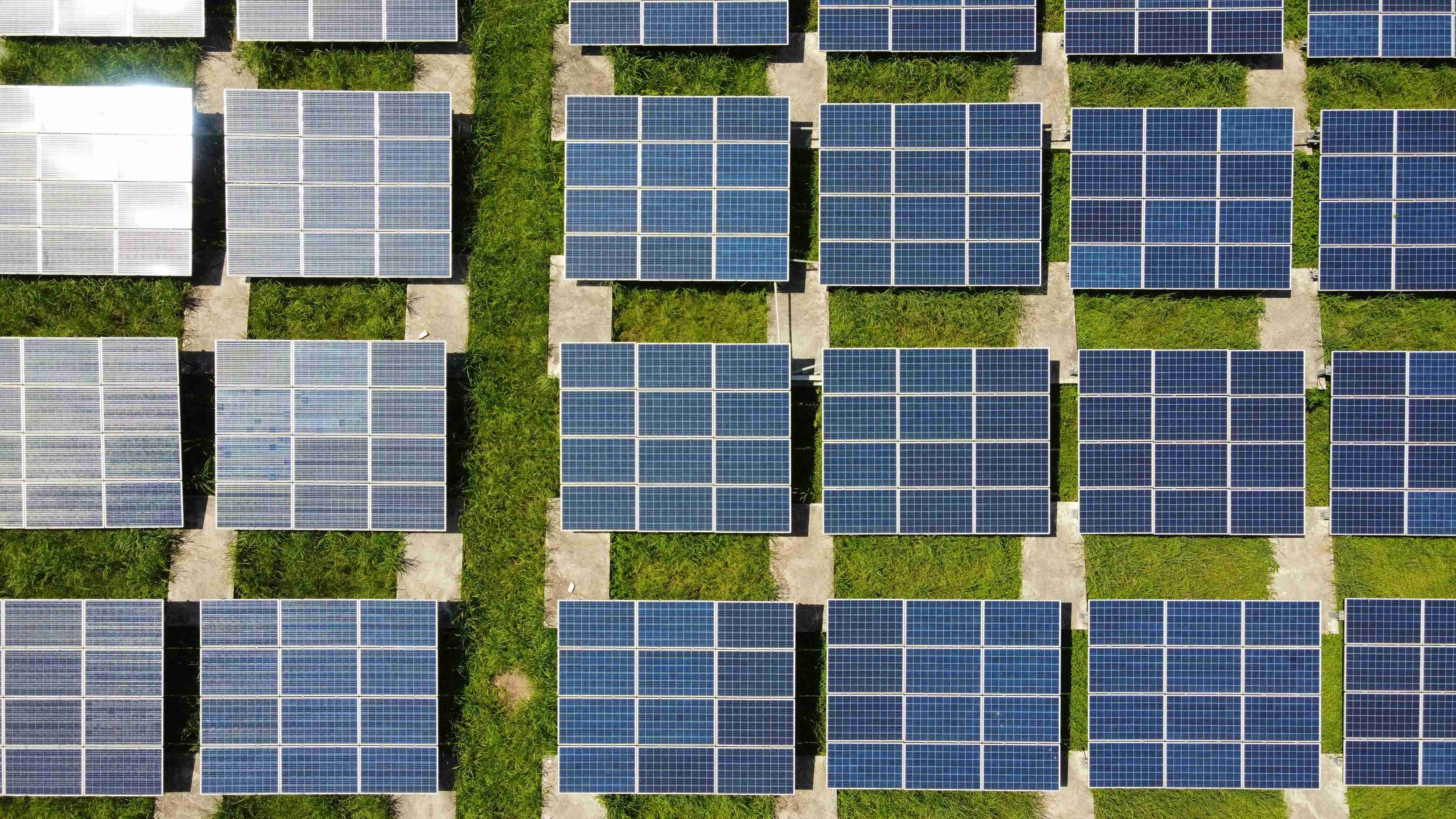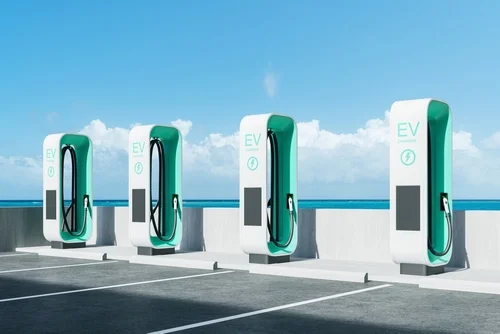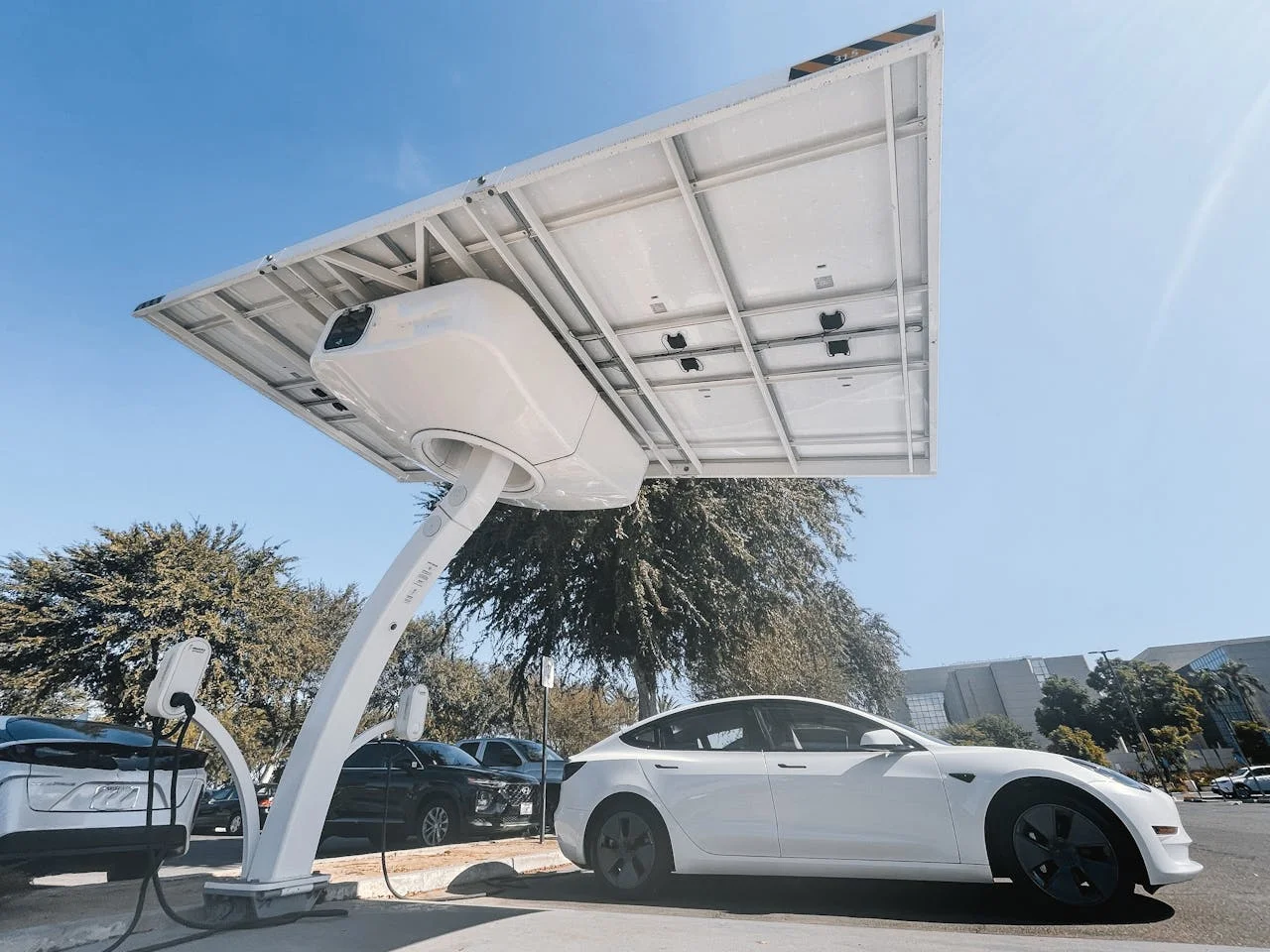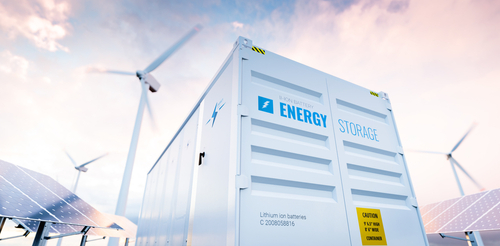Commercial Clean Tech Solutions – Transforming Businesses with Sustainable Energy
28 Mar, 202510 mins
Companies across the world are adopting renewable energy, efficiency systems, and sustainable innovations at a rapid pace – cutting costs, reducing risks, and meeting consumer demand along the way. From solar-powered facilities to electric-powered transportation, here's how commercial clean tech solutions are transforming how businesses operate, compete, and thrive.
What are Clean Tech Solutions?
Clean tech solutions, or clean technology solutions, are innovations and practices designed to reduce the environmental impact of different processes humans use on a daily basis. These solutions span various industries, including energy generation, transportation, manufacturing, agriculture, architecture, waste management, and so on.
The goal of these commercial energy efficiency solutions is to control carbon emissions, decrease resource consumption, and promote sustainable, greener practices.
Examples of clean tech solutions include:
Renewable energy production
Increasing energy efficiency
Electric vehicles
Water conservation and purification
Sustainable agriculture
Recycling
Carbon capture and storage
Green building materials and construction
Clean energy solutions are one of our main defenses against the destructive reality causing climate change. Pioneering green tech helps us reduce our footprint on the planet and helps us build a more sustainable future powered by clean energy. That's why governments and private businesses invest heavily in these innovative technologies. It's not an option, it's the only option.
How Commercial Energy Solutions Are Transforming Different Businesses
Clean energy has become more than a trendy word thrown around in board meetings. It's a reality and it's fundamentally changing the way businesses operate around the world.
Cost Savings that Directly Impact Profits
Traditional energy sources like coal, oil, and natural gas are becoming more expensive. Prices can be extremely volatile and there is only a finite amount of each in the world's stores.
A missile launches in the far end of Russia, and oil prices break through the roof in Britain. That's how traditional energy sources are and will be. Renewable energy solutions for commercial businesses offer stability and at much lower costs.
Solar energy prices have dropped by nearly 90% within the last decade, making it one of the most affordable and reliable energy sources for businesses. Wind energy is now the cheapest option in most of the states, with costs as low as 2.5cent/kWh.
Businesses that are investing in renewable energy resources and energy-efficient clean tech systems, such as LED lighting, smart HVAC, and high-performance insulation, can cut electricity costs by up to 50%.
These savings go straight to their bottom line, making clean energy and cleantech not just an environmental factor but a financial one too.
Regulatory Compliance & Government Incentives
State and federal governments are actively enforcing stricter environmental policies, making employing commercial energy solutions a necessity rather than an option for businesses.
Failing to adapt could result in higher costs, regulatory fines, and losing competitive ground. Consumers are also becoming more environmentally conscious, meaning businesses can lose customers if they fail to invest in green tech.
But it's not all about saving yourself. The US government is actually incentivising those investing in sustainable energy solutions. The Inflation Reduction Act or IRA of 2022, for instance, offers businesses tax credits, grants, and rebates for investing in renewable energy and energy efficient upgrades. With such initiatives, the future of clean energy is looking bright.
Meeting Consumer & Investor Expectations
Sustainability has now become one of the major selling points, especially in well-educated markets like the US. With over 75% of American consumers preferring to buy from businesses that prioritise sustainability, investors are pouring billions into ESG – Environmental, Social & Governance funds. Companies failing to board the clean energy train are risking market share and investment opportunities.
Energy Independence & Business Resilience
Fossil fuels are the main source of energy for businesses all around the world. But relying solely on fossil fuels can make businesses vulnerable to volatile price spikes and supply chain issues.
Clean energy on the other hand provides stability. On-site solar or wind power, combined with a reliable battery storage solution allows businesses to generate their own electricity. This can protect businesses from power outages and rising energy costs.
Companies with microgrids can go a step further and operate 100% independently, without requiring any input from traditional resources or a national grid. For instance, think of a company investing in a solar-powered microgrid; they will still be using the same system in 2040. The amount of money they would save on energy consumption over the years would be huge.
How Businesses are Adopting Clean Tech & Clean Energy?
Here's how different businesses are adopting clean tech.
Manufacturing – Factories use solar, wind, and energy-efficient machinery to reduce costs and emissions. For instance, Tesla's GigaFactory runs 100% on clean energy – mostly generated through solar systems.
Retail & Commercial – Businesses like Walmart are also ditching the traditional lighting systems, transitioning to LED lighting and smart HVAC to slash overhead costs. Retail businesses are also reimagining the transportation and delivery fleets, migrating to electric vehicles.
Agriculture – Solar-powered irrigation, precision farming, and waste-to-energy solutions like biogas from manure are making farming more efficient and profitable.
Transportation – EV fleets and hydrogen fuel cells are taking over logistics. Powering everything from trailers and trucks to employees’ everyday rides. Amazon's massive electric delivery van network is one of the few examples of how clean tech is changing business transportation, saving the e-comm giant 80% on fuel and 70% on maintenance costs.
Tech & Data Centers – Companies like Google and Microsoft are running their data farms on 100% renewable energy with AI-driven energy management and liquid cooling systems cutting energy waste and increasing efficiency.
These are just a few examples as clean tech is on its way to fully transform business as we know it today.
Challenges for Business in Adopting Energy Solutions for Commercial Electricity
While clean energy is transforming industries, businesses face two major roadblocks: high upfront costs and a shortage of skilled workers. These challenges slow adoption and require strategic solutions to overcome.
Massive Costs
Setting up solar farms, wind turbines, and advanced energy storage requires significant investment. While long-term savings are substantial, the initial capital outlay can be a barrier, especially for small businesses. Government incentives and financing programs help, but navigating them can be complex.
Lack of Talent
While specialised hiring firms like Fruition Group are working hard to connect clean tech talent with companies in need, the industry is growing so rapidly that the workforce simply cannot keep up. Skilled labor in renewable energy engineering, battery technology, and grid modernization is in short supply.
Businesses must invest in training programs and partnerships with universities to build a workforce ready for the clean energy future.




